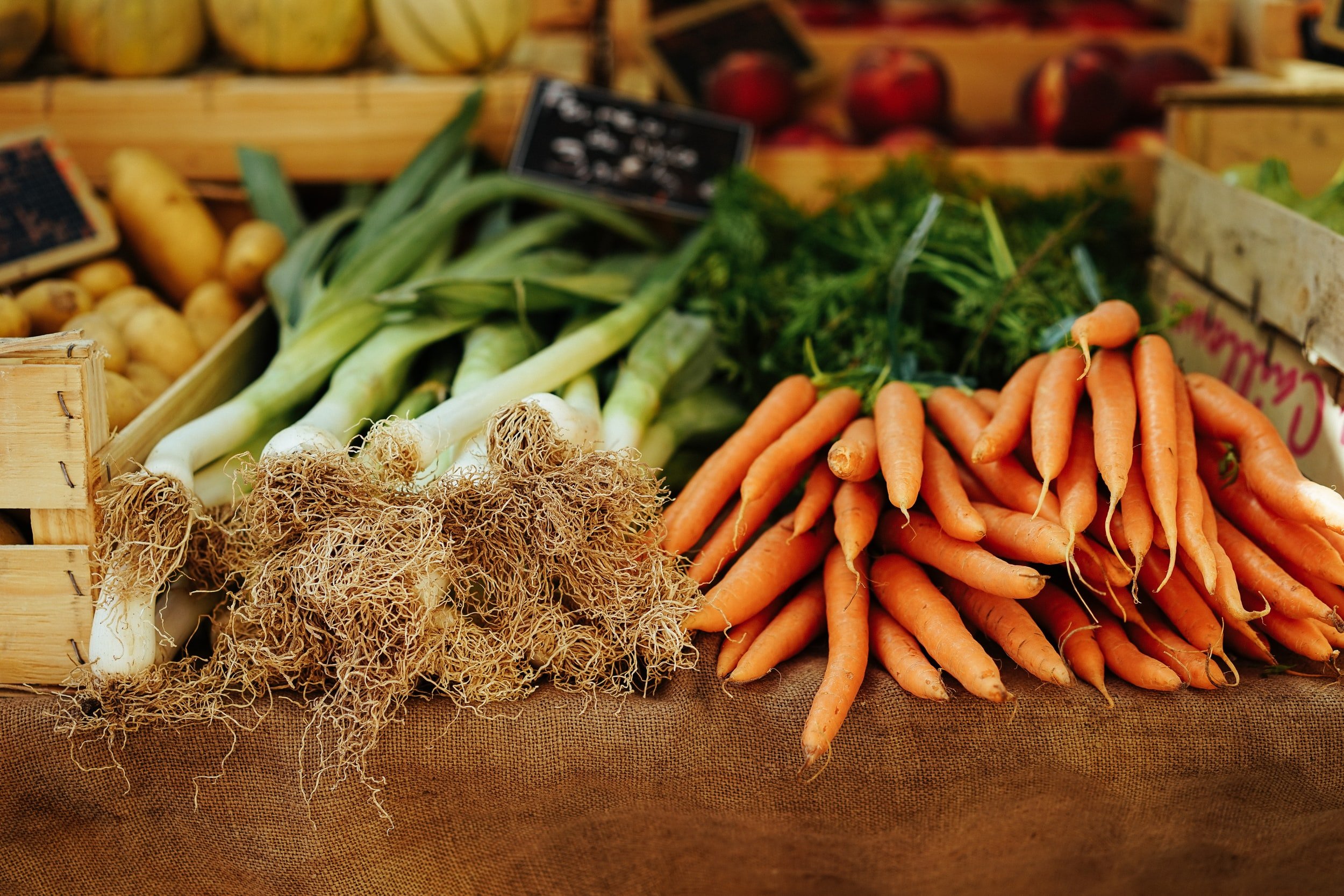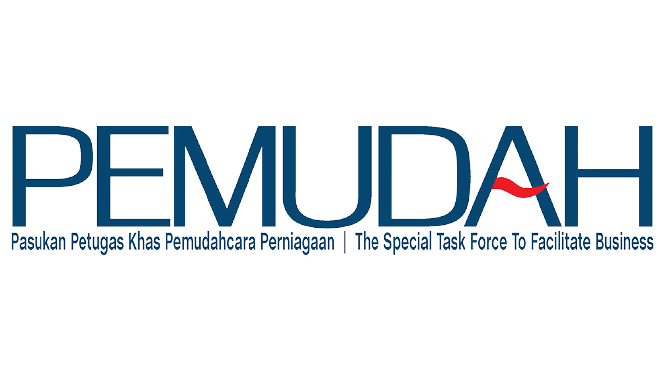
Technical Working Group on Food Cost (TWGFC)
About
IMD World Competitiveness refers “Food costs” as percentage of household final consumption expenditure. The U.S. Department of Agriculture (USDA) refer “Food costs” as a share of consumer expenditure on food excluding alcoholic beverages and tobacco that were consumed at home.
In 2020, Malaysia’s food costs is 21.53% of total household expenditure, equivalent to US1,410.7 per person. The corresponding consumer expenditure for Malaysia referred to in the USDA data is US6,553.3 per person. Prices of foods have been going up over the year particularly after the pandemic COVID-19 which brought many businesses to a halt or slowed them down. Despite of billions ringgit government had spend on subsidies to control the price, issues on rising of food cost has never been settled.
On the other hand, government aims to gradually reduce the reliance on non-critical subsidies, and embark economic liberalisation to link to productivity outcomes. Subsidies which do not suggest productivity improvements must be reduced so that enterprises are less dependent on government assistance.
The Technical Working Group on Food Costs (TWGFC) seeks to resolve or moderate the underlying causes and issues of the national phenomenon of escalating food costs impacting on the standard of living. In the same time, TWGFC will also look into the mechanism to rationalize the subsidy and incentive program.

Improvement Projects
-
Shifting rising of food costs to the technology
The fluctuation in the prices of food is a market norm. The rise in food prices was induced by the rise in prices of inputs such as petrol & diesal, fertilisers, chemicals, land, labour and machinery. Although the government protects the prices of petrol and diesel, the price of fertilisers had risen by 70 per cent within the last two years and wages had also gone up.
Benchmark from the neighborhood countries such as Taiwan, Korea and Thailand, the most possible solution to tackle the rising of food cost was technology. Technology can help in terms of cost effectiveness, productivity, and high added value.
-
Making Industry Accountable for Productivity
The economic sectors mainly comprise a high number of small players.
Therefore, the market is highly fragmented, and individual enterprises lack economies of scale to deliver high value-added products and services.
The government provide incentives to enterprises to upgrade themselves, but these incentives do not necessarily function as levers to boost productivity
Co Chair of TWG Food Cost
-

Prof.Emerita Tan Sri Dato’ Seri Dr. Sharifah Hapsah Syed Hasan Shahabudin
Chairman of National Council of Women's Organisations Malaysia (NCWO)
-

Mr. Azman Mohd Yusof
Secretary General
Ministry of Domestic Trade and Cost of Living
Members of TWG Food Cost
-

Professor Datuk Dr. Mad Nasir Samsudin
Fellow at Department of Agribusiness & Bioresource Economics, Faculty of Agriculture, Universiti Putra Malaysia (UPM)
-

Datuk Jeffrey Ng
Federation of Livestock Farmers Associations of Malaysia
-
Professor Dr Zalilah Mohd Sharif
Dean , School of Graduate Business, Universiti Putra Malaysia (UPM)
-

Dr. Sarena Che Omar
Deputy Director of Research,
Khazanah Research Institute (KRI)
-

Mrs. Marianis Md Din
Senior Assistant Secretary
Ministry of Agriculture and Food Security (MAFS)
-

Mrs. Khairul Zarina Mohd Yusop
Science Officer
Ministry of Health (MOH)
-

Mrs. Fuziah Md Amin
Director Agriculture and Environment Statistic Division
Department of Statistic Malaysia (DOSM)
-

Mr. Atan Sapian
Head Secretariate of National Action Council on Cost of Living (NACCOL), KPDNHEP
-

Dr. M Hisham Fariz
Veterinary Officer
Department of Veterinary Services
-

Mr. Abd Razak Aya
Head of Integrated Farming of FGV Holdings Berhad.

